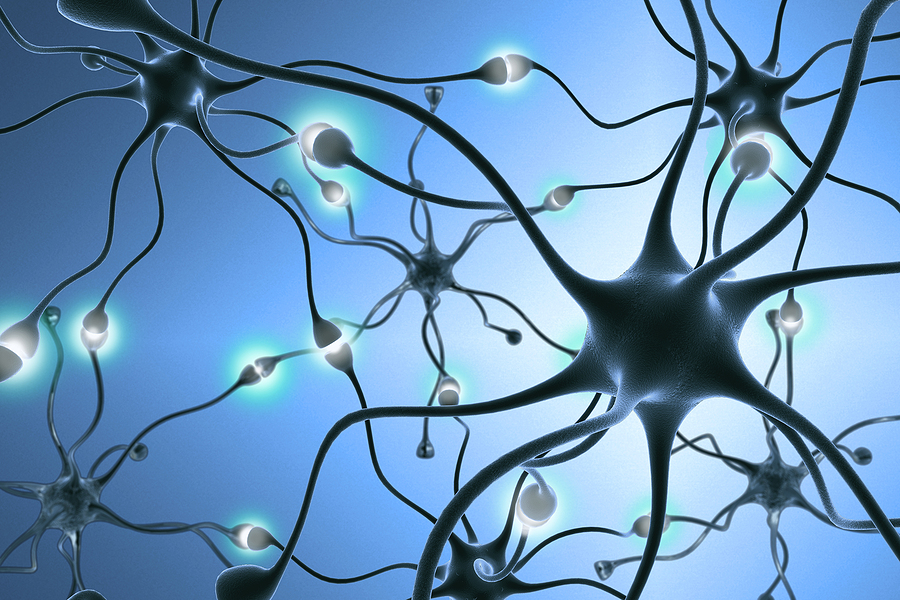SUGAR, Sugar, SuGar.
It’s the culprit for so many illnesses.
And now we are finding a correlation to what is being named “the starving brain.”

The Starving Brain is a proposed term that refers to a condition where the brain is not receiving enough energy. While there is no “official” recognition of Type 3 diabetes, doctors often use this term to describe the elephant in the middle of the room when someone presents with Alzheimer’s or dementia symptoms.
To understand Type 3 diabetes, we first need to talk about Types 1 and 2 diabetes.
✔️Type 2 diabetes is a metabolic problem where your body is packing cells with sugar (TOO MUCH), making them insulin-resistant.
✔️Type 1 diabetes is caused by the lack of insulin (TOO LITTLE), which leads to problems with energy production.
✔️In Type 3 diabetes, the brain is not getting enough energy due to issues with sugar delivery through the blood-brain barrier.
What’s happening in the brain: 🧠
The brain needs sugar for energy. You heard that right. You DO NEED sugar.
The brain needs a constant supply of glucose, just like it needs a constant supply of oxygen.
The blood-brain barrier is what keeps toxins out of the brain, but it also regulates what nutrients can pass through. The brain makes glucose transport proteins to reach across the blood-brain barrier and grab glucose to pull it in.
However, in Type 3 diabetes, the blood-brain barrier does not allow enough sugar to pass through. This causes energy deprivation in the brain, resulting in the “starving brain”.
When there is high sugar, fewer glucose transport proteins are needed as there is enough sugar around. But, as the sugar level drops, more glucose transport proteins are needed to ensure that the brain gets enough energy.
OVERVIEW: Type 3 diabetes or “starving brain” is a proposed term that describes a condition where the brain is not receiving enough energy due to metabolic issues that affect sugar delivery through the blood-brain barrier. Although not officially recognized, it’s essential to address this issue to find ways to prevent or manage metabolic encephalopathy and improve brain function.
-Leslie Prins
Barton Nutrition



